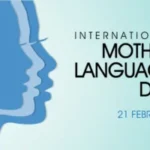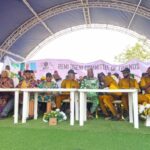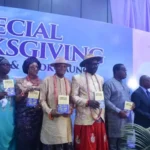Foundation advocates pyscho-social support for caregivers of children with autism
By Salisu Sani-Idris Ms Rafatu Salami, the Executive Director, Okenite Foundation for Special Needs Children, has called on government to expand inclusive health care services for women and people caring for children with disabilities. Salami made the call at the Voices for Women’s Health high level meeting organised by theContinue Reading










